
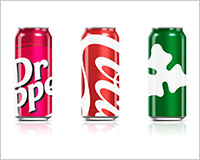 For most brands, recognition is everything. Occasionally you'll encounter a company that seeks to create a air of exclusivity by shunning popular appeal, but for the large part companies need you to spot them immediately.
For most brands, recognition is everything. Occasionally you'll encounter a company that seeks to create a air of exclusivity by shunning popular appeal, but for the large part companies need you to spot them immediately.
Brand recognition isn't about making a good first impression, it's about up-selling; creating a way, once trust and even pleasure has been established by an initial sale (or in some cases just an advert), for the consumer to make a repeat purchase.
Brand recognition is even more important to companies that rely on impulse buys. Think of the last time you bought a soda in a shop, did you consider your mood, compare the advertised flavors, check calorie content and make an informed decision? Probably not, more likely you just grabbed the can that bore the same brand as the can you bought the time before.
9 times out of 10, when I walk into a shop for a soda, I come out sipping Dr Pepper. I know I like lots of other brands, but I always pick up Dr Pepper.
Malaysian designer Ewan Yap has tried to test the boundaries of brand recognition by cropping the branding of 16 soda and beer cans. Some are still easily recognizable — who could ever miss Coca-Cola's iconic script? Others are harder to spot.
What results are a series of package designs that reference, but don't directly tally with the original brand. The Pepsi and Guinness cans may simply look like limited edition packages but others, particularly the Carlsberg and Heineken cans, bear the most tentative resemblance.
Don't play everything (or every time); let some things go by. Some music just imagined. What you don't play can be more important than what you do. — Thelonious Monk
Yap asks "But do these brands have the guts to leave things out?". The clearly modern, contemporary feel of the designs would make them excellent candidates for a new brand, but whilst it's an interesting exercise in reductionism, for the most part Yap's redesigns break the brand recognition that that has been carefully cultivated by these companies for decades. As such, they're unlikely to be adopted.
It just goes to show, when designing a brand, be careful what you leave in; you may be stuck with it.



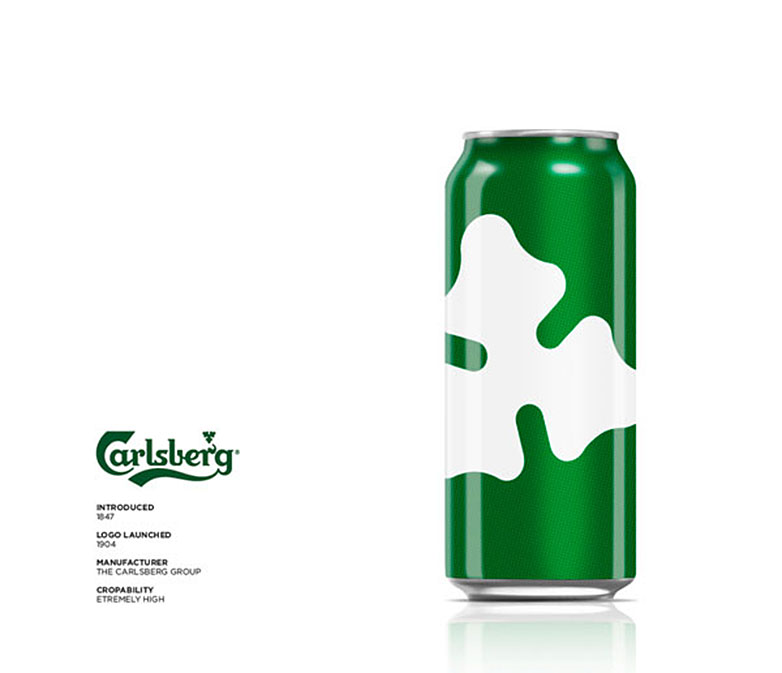
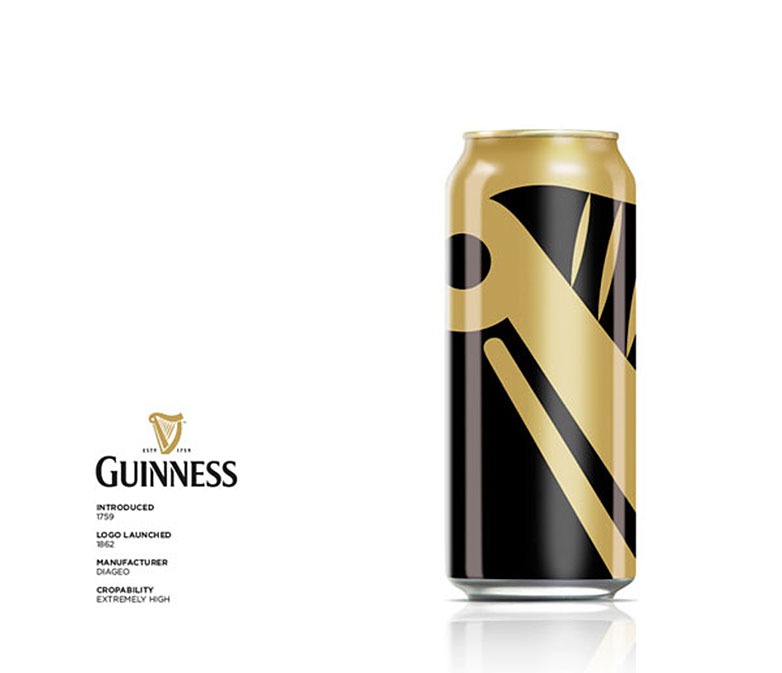


![]()
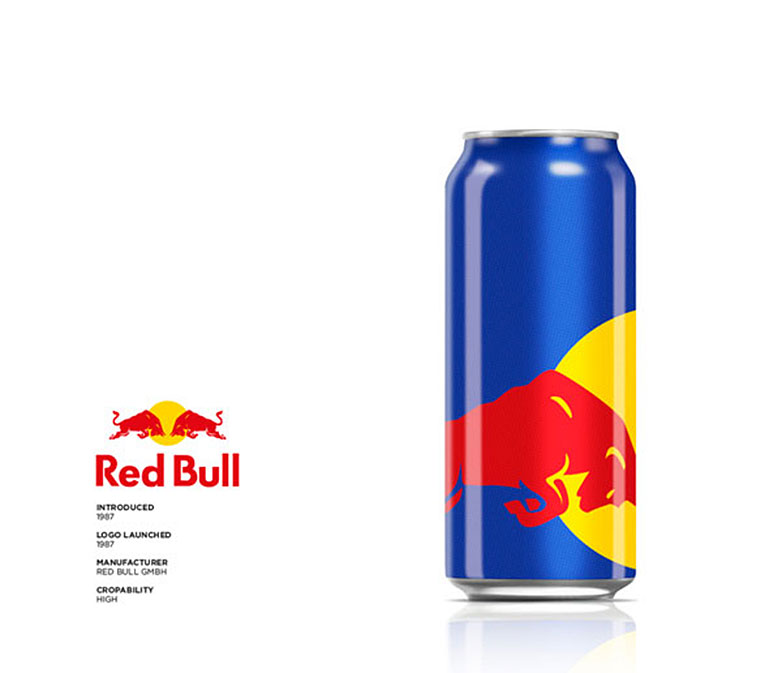
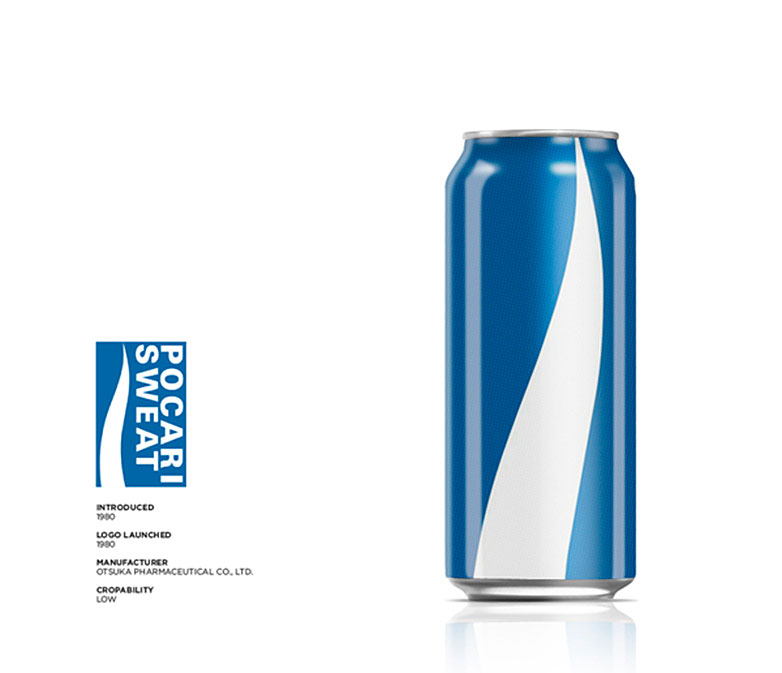
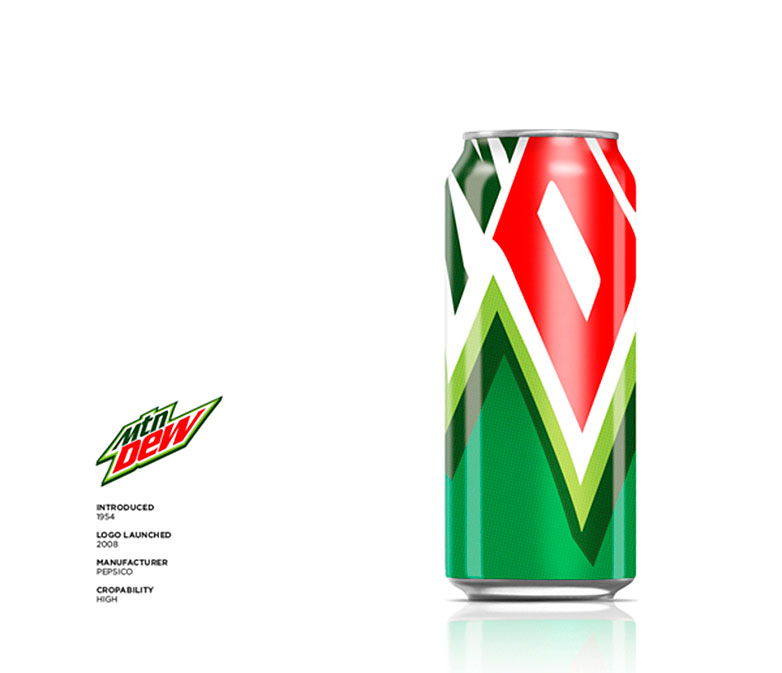
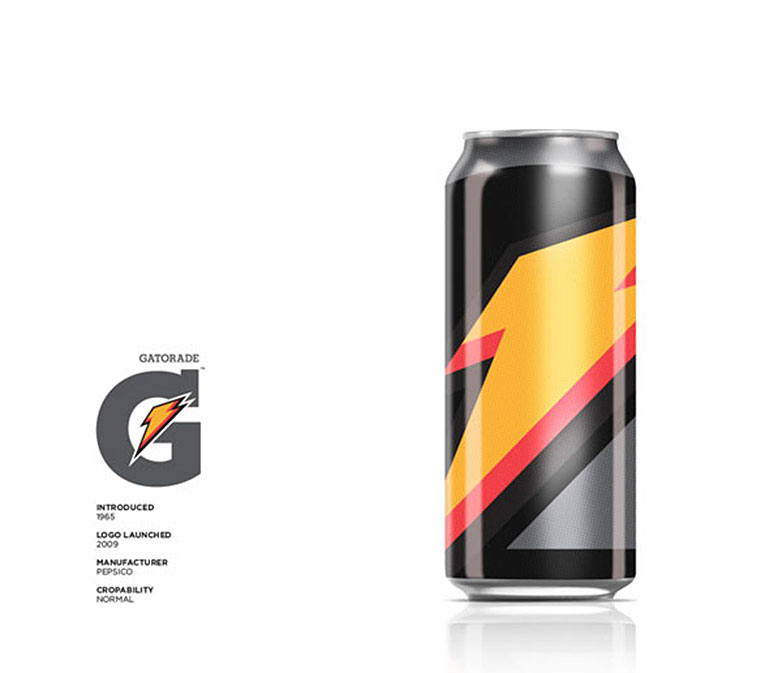
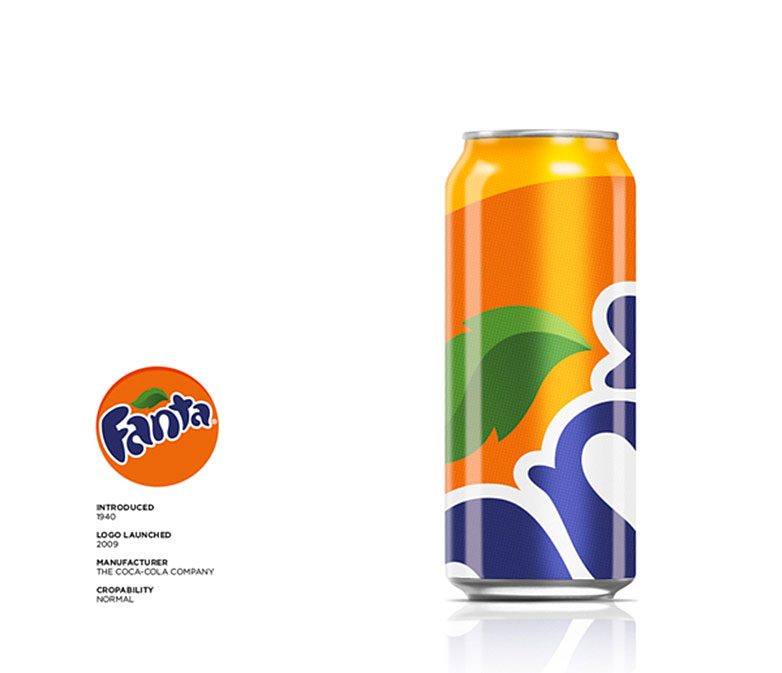
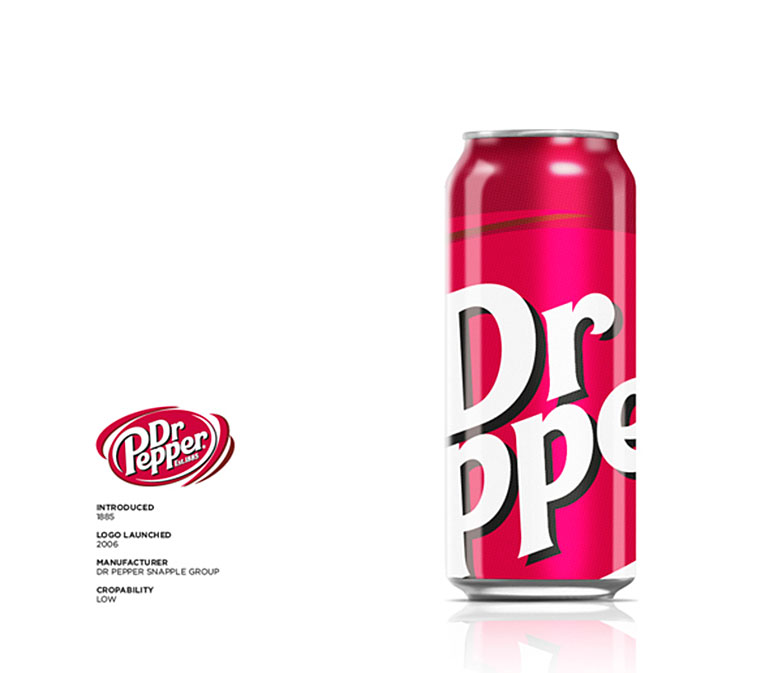
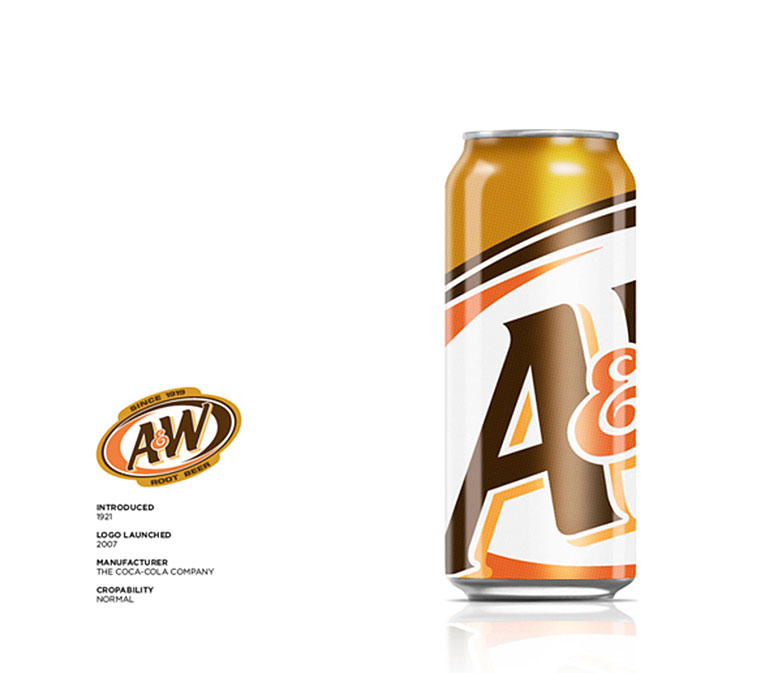
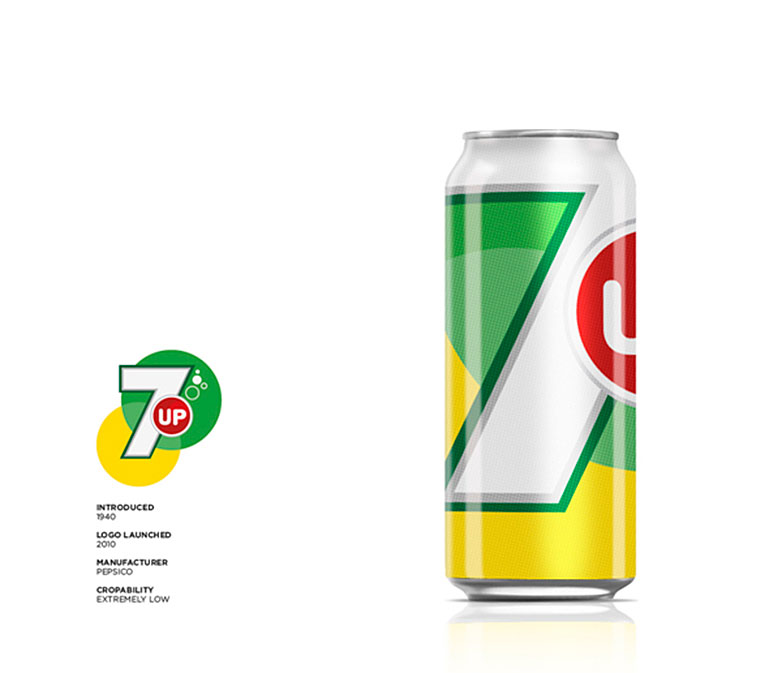
What do you think of this reduced branding? Which brands do you still recognize? Let us know in the comments.
Ben Moss
Ben Moss has designed and coded work for award-winning startups, and global names including IBM, UBS, and the FBI. When he’s not in front of a screen he’s probably out trail-running.















